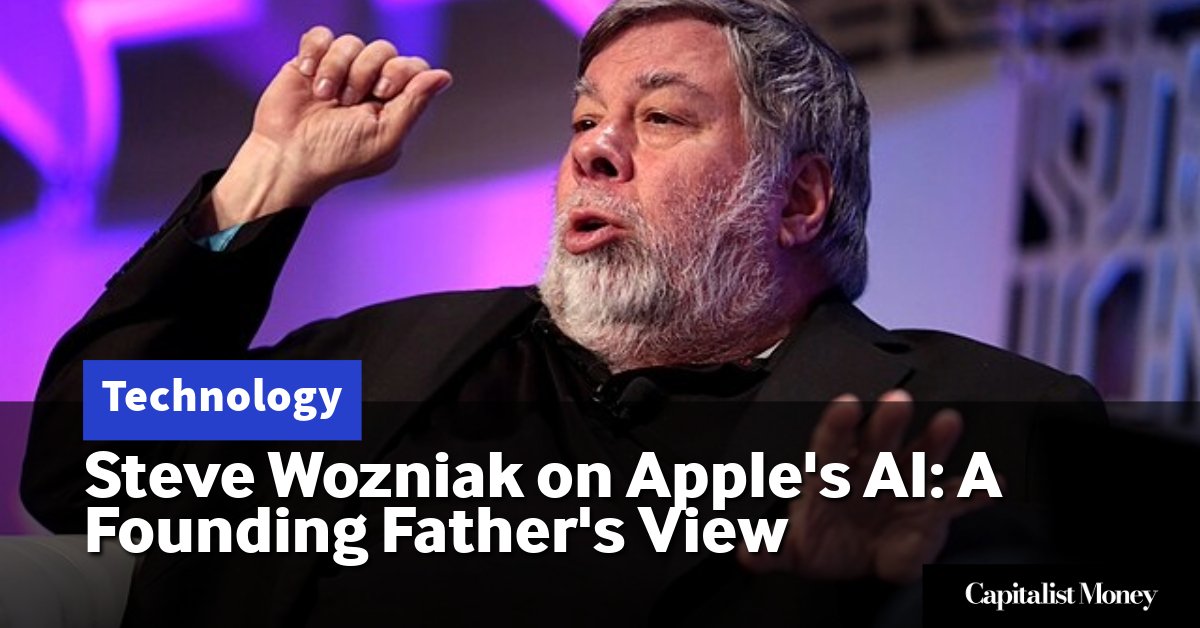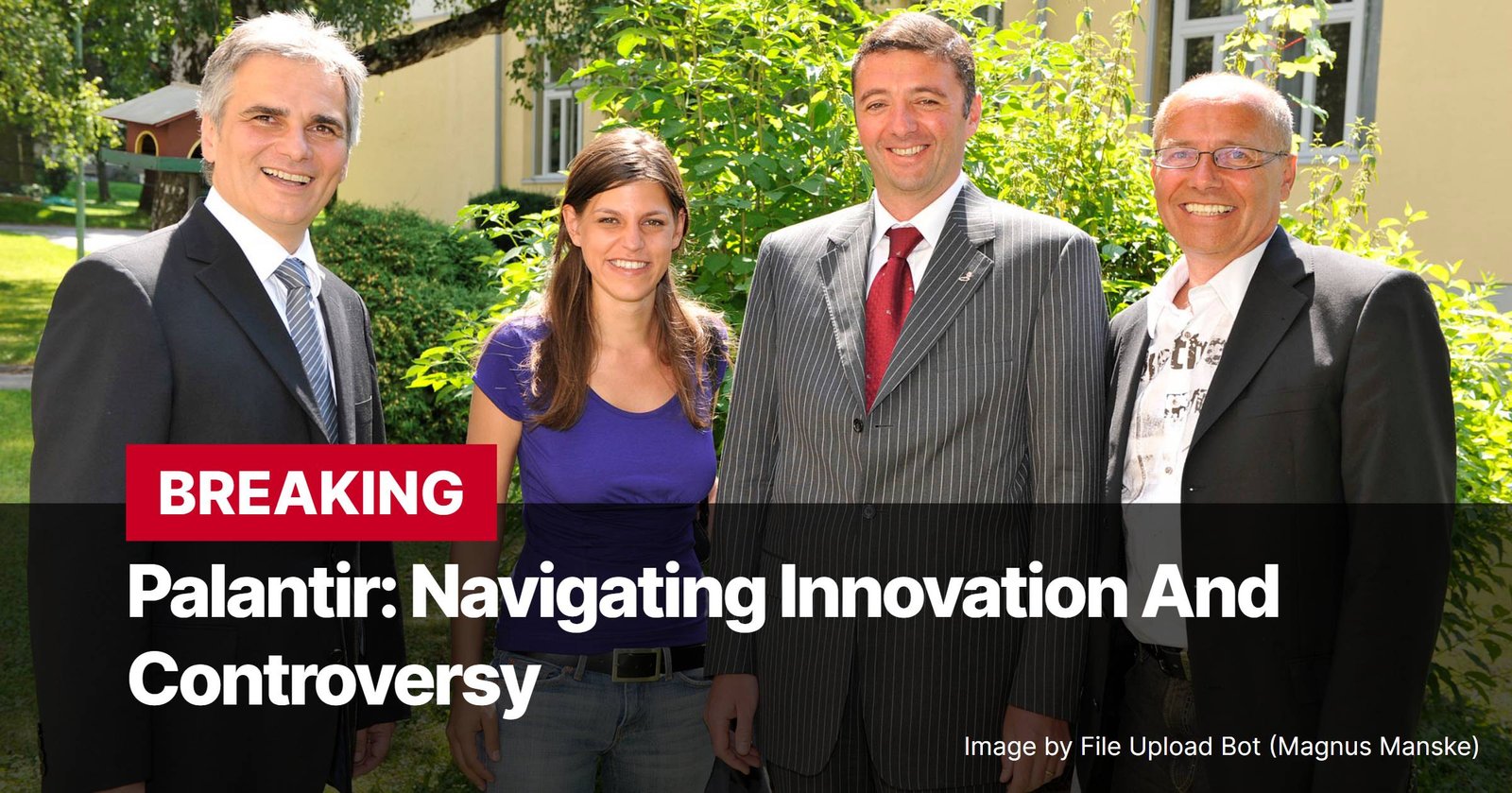Apple’s recent AI push has generated plenty of buzz. But what does one of the company’s founding fathers think? Steve Wozniak, the tech wizard behind the Apple II and a lifelong tech enthusiast, offers a unique perspective. He’s not just an observer; he’s a user who expects the same magic he brought to the world to be woven into Apple’s AI future. Will Apple’s AI be the innovation that reignites iPhone sales, or is it just another trend?
Table of Contents
Steve Wozniak’s Initial Thoughts: A Skeptical Yet Hopeful Vision
Wozniak’s initial impressions of Apple’s AI demonstrations were marked by a “try it yourself” attitude. He’s known for his practical approach and, for him, AI is not about hype, but about real-world utility. He’s skeptical of AI’s ability to truly understand and respond to human needs, stating, “I’m not convinced that AI can truly grasp human emotions or intentions yet.” He emphasizes the importance of human agency and control, saying, “I’d rather have AI as a tool to enhance my own decision-making than a replacement for it.”
Despite his reservations, Wozniak is excited about the potential of Apple intelligence to simplify everyday tasks. He envisions a future where AI can seamlessly handle mundane chores, freeing up human time for creativity and meaningful connections. He sees the potential for AI to revolutionize communication, making it easier to connect with people across distances and cultures.
Focusing on Siri: From Knowledge Navigator to a Truly Helpful Assistant
Wozniak’s perspective on Siri reflects both his enthusiasm and his critical eye. He sees the potential for Siri to evolve into a truly helpful AI assistant, similar to the “Knowledge Navigator” vision from the past. He acknowledges Siri’s current limitations, particularly in natural language processing and understanding complex requests. “Siri needs to be able to understand what I really want, not just what I say,” he emphasizes.
Wozniak envisions Siri as a powerful tool for managing information, streamlining communication, and simplifying everyday tasks. He imagines a future where Siri can proactively anticipate his needs, offering solutions before he even asks. “Imagine,” he says, “Siri knowing my schedule, my preferences, and even my mood to help me make the most of every moment.”
Is Apple Falling Behind or Catching Up?
When asked about Apple’s position in the AI race, Wozniak acknowledges the company’s historical strengths in innovation and user experience. However, he also recognizes the need for Apple to evolve. He sees Apple as a company that is “catching up” to the competition, but he believes that Apple’s AI, if successful, could offer a unique and valuable experience compared to other AI offerings. He highlights Apple’s focus on privacy and security as key differentiators, stating, “People trust Apple with their data, and that trust is crucial in building a truly useful and ethical AI.”
Wozniak’s Optimism and Expectations: A Vision for a Seamlessly Integrated AI
Wozniak remains optimistic about the potential for Apple’s AI to revolutionize everyday life. He envisions a future where tasks are streamlined, productivity is enhanced, and human connection is strengthened. He draws inspiration from previous innovative technologies, like the Newton message pad, which foreshadowed the power of handheld computing. He believes Apple’s AI could build upon these advancements, offering a truly transformative experience.
Wozniak’s ultimate vision for Apple’s AI is a seamless integration into the user experience. He desires an AI that doesn’t require separate apps or additional purchases, but rather an intelligent layer that enhances the functionality of existing devices and services. “I want AI to be like air,” he says, “always present, always helpful, but never intrusive.”
A Cautious Yet Hopeful Future for Apple’s AI
Wozniak’s assessment of Apple’s AI ambitions is a mix of excitement and cautious optimism. He believes Apple has the potential to create a truly transformative AI experience, but he also acknowledges the challenges that lie ahead. He’s looking for AI that not only works but also enhances human agency, offering solutions without dictating choices.
What do you think about Apple’s AI approach? Will it be the innovation that drives the next wave of iPhone sales? We’d love to hear your thoughts in the comments below.











